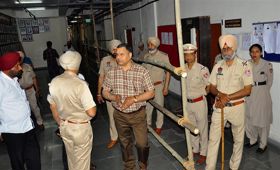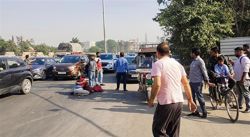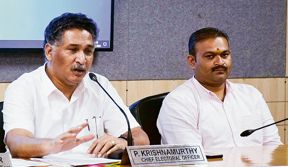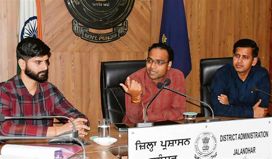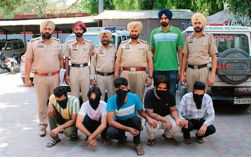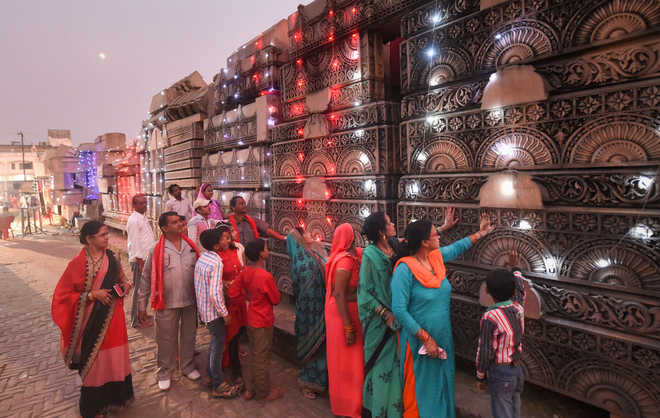
A law against triple talaq, the abrogation of Article 370 and now a Ram temple where the Babri Masjid once stood: Prime Minister Narendra Modi has fulfilled most of the Hindutva promises that the Sangh Parivar has ever made to its constituents, sympathisers and voters. The Babri Masjid-Ram temple verdict, no doubt, is not an executive decision but a judicial closure to a very old property dispute that metamorphosed into a political crime on December 6, 1992.
The verdict — allowing a temple to be built — can now be implemented only because of the criminal act of destroying the Masjid. The Supreme Court should not have arrived at this verdict before deciding on the criminal culpability of those who destroyed the Masjid and cleared the ground for the temple. Secondly, the court has offered five acres of land to a litigant, the Sunni Waqf Board, away from the disputed site for a new mosque. This was not a relief sought by the litigant. The court invoked Article 142 (to do complete justice in any matter before the court) of the Constitution to offer this piece of land elsewhere. If the court were to do complete justice under Article 142, then it should have also decreed a permanent end to all future politico-religious disputes involving medieval mosques and Hindu mythology.
Learned lawyers across the world would no doubt dissect this decision for a long time to come. Time is often an unsparing judge. It needs to be underscored that the Indian apex court lost a great opportunity to instill in the minds of the litigants and the nation at large the idea of reconciliation, closure and peaceful co-existence. Now, the greatest fear over the impact of this verdict is on the other disputes, particularly those over Varanasi and Mathura. India was ruled for many centuries by invaders who built their mosques and churches over older habitations, which inevitably had temples. Does it mean every old mosque or church should be demolished to build new temples? We have enough and more temples, what we need are jobs and a strong economy that will make us a global leader.





















